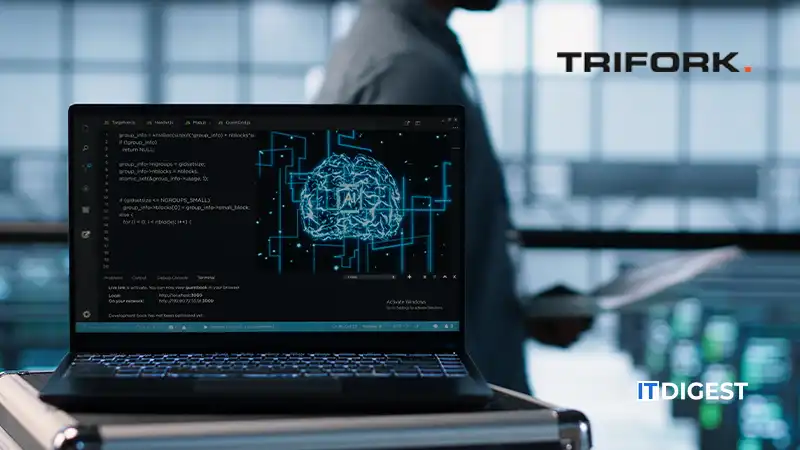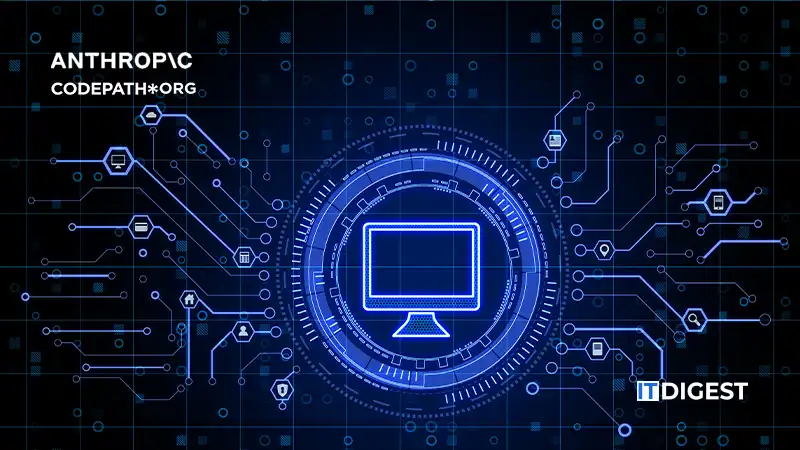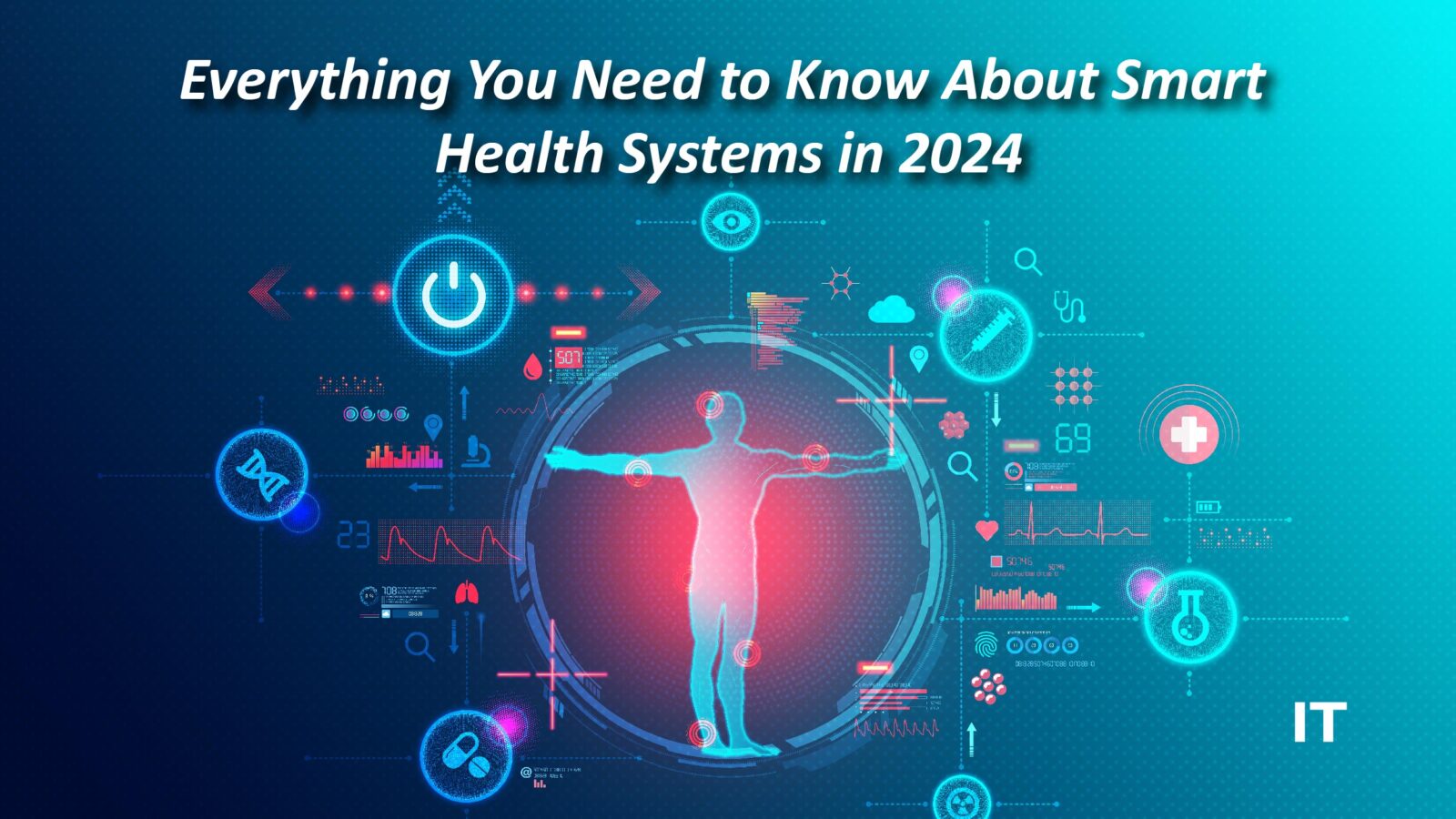Technological developments seem poised to transform the landscape of international health care as we know it.
Big data, the Internet of Things (IoT), and artificial intelligence are three examples of the new information technologies that are used in the concept of smart healthcare.
This guide will help you learn about smart health systems in record time.
The best part?
Everything in this blog covers all your questions:
- What is the future scope of smart healthcare?
- What are the objectives of smart healthcare?
- What are the technologies in smart hospitals?
So without further ado, let’s get started…
What is a Smart Healthcare system?
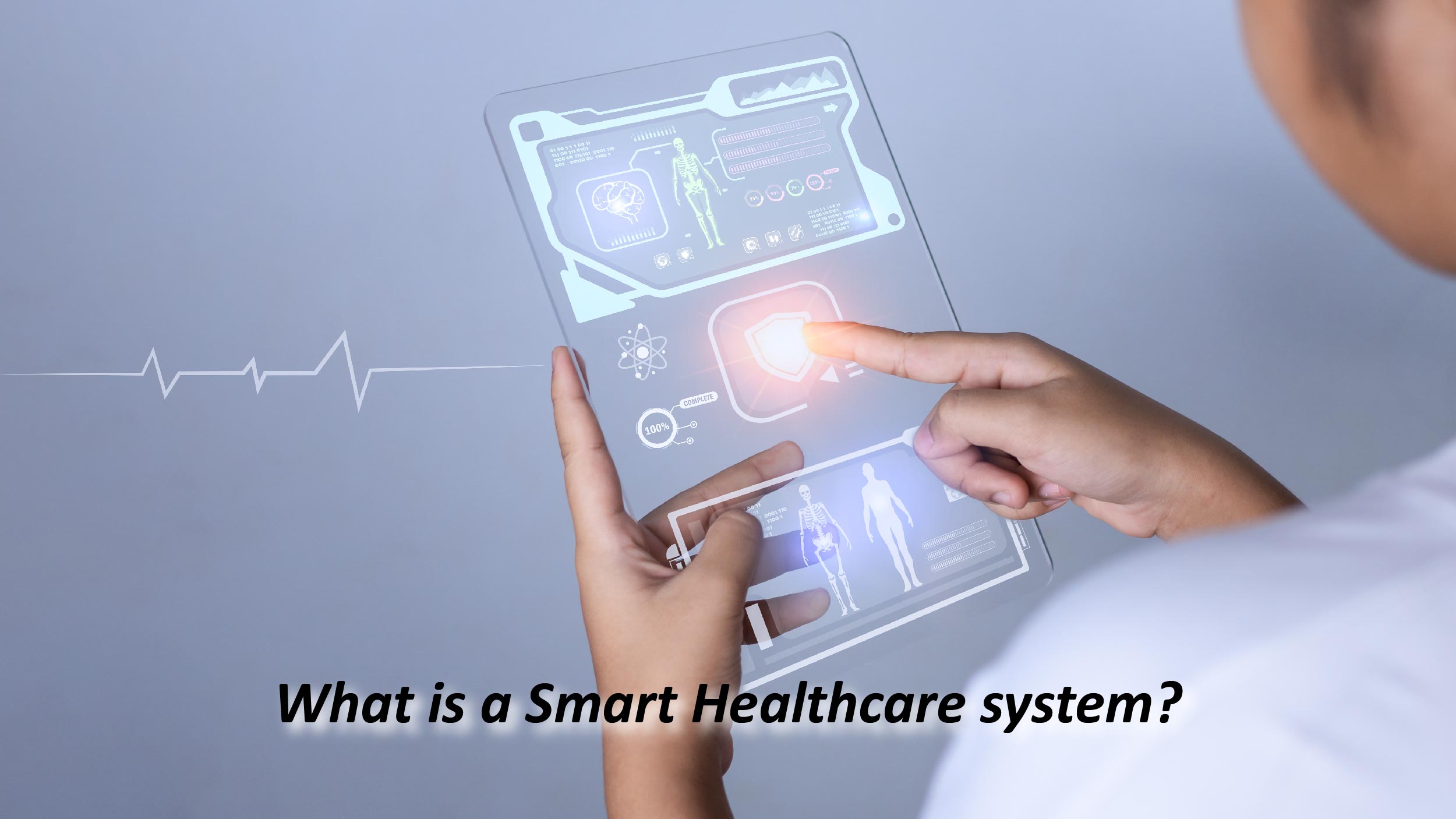 Smart health systems involve combining state-of-the-art information technologies such as the internet of Things (IoT) big data cloud computing and artificial intelligence with traditional medical approaches. The overarching aim is to enhance healthcare by making it more efficient convenient and personalized.
Smart health systems involve combining state-of-the-art information technologies such as the internet of Things (IoT) big data cloud computing and artificial intelligence with traditional medical approaches. The overarching aim is to enhance healthcare by making it more efficient convenient and personalized.
The SMART Health IT platform is an open and standards-based technology platform that empowers innovators to develop apps seamlessly and securely across the healthcare system. With a library of apps accessible to patients doctors and healthcare practitioners it enhances clinical care research and public health.
Smart healthcare where patients and doctors act as companions exchanging and analyzing data from patient’s daily routines using the IoT.
History of Smart Health Systems
Smart health systems have their roots in the concept of the “Smart Planet,” initially introduced by IBM back in 2009 in Armonk, NY, USA. The Smart Planet is essentially an intelligent infrastructure that utilizes sensors to gather information, communicates through the Internet of Things (IoT), and processes data using supercomputers and cloud computing (Tian, 2019).
As Tian (2019) points out, smart healthcare isn’t just a mere technological advancement; it signifies a comprehensive, multi-level transformation. This shift takes us away from the traditional disease-centered care model and towards a more patient-centric approach. The focus also moves from treating illnesses to preventing them.
Smart healthcare is a collaboration involving various participants, both human and non-human, including doctors, patients, hospitals, and research institutes. At its core, it integrates cutting-edge technologies like AI, IoT, the Medical Internet of Things (MIoT), edge computing, cloud computing, big data, and next-generation wireless communication technology.
What Are The Objectives Of Smart Healthcare?
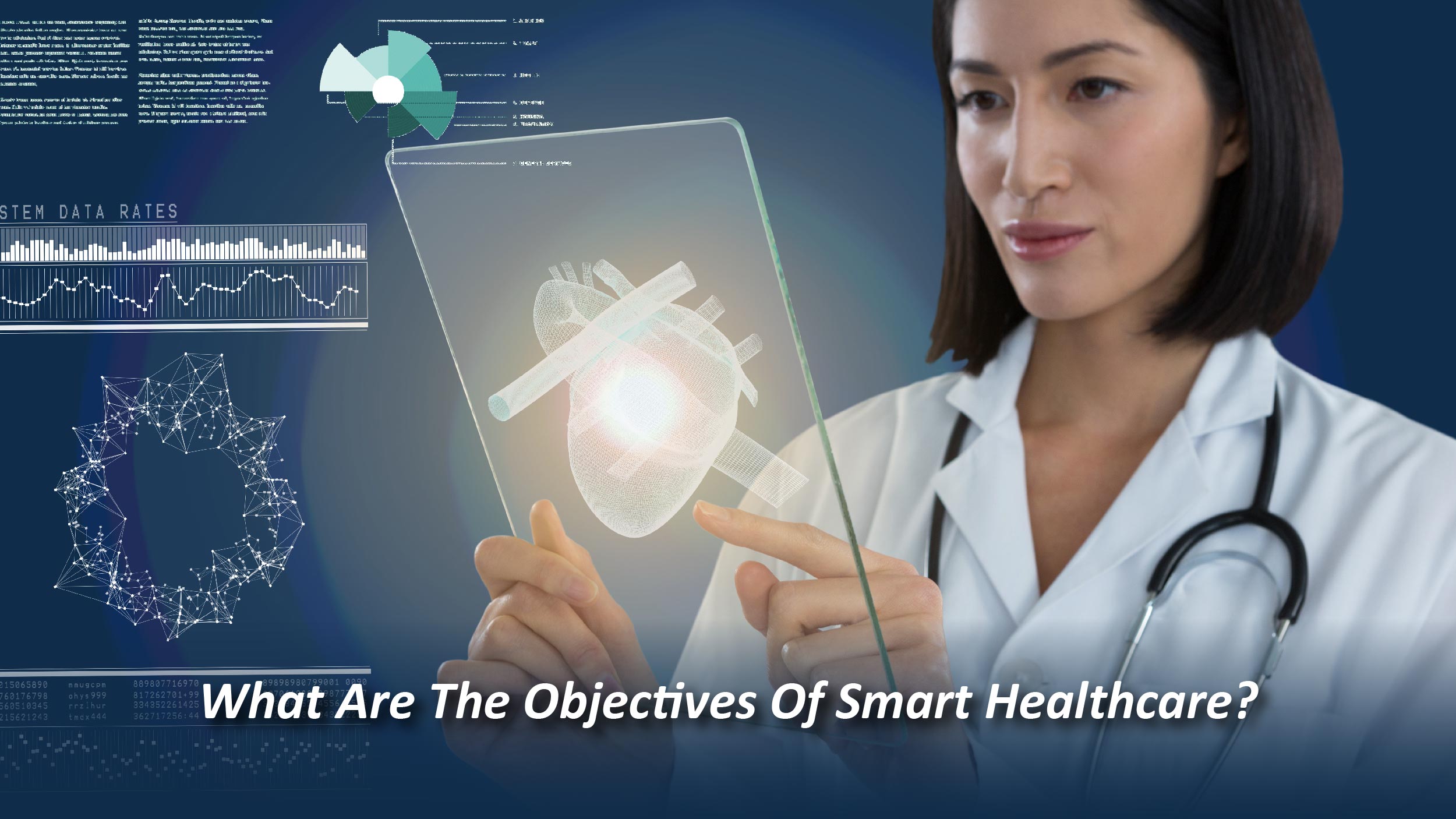 The objectives of a Smart Healthcare system resonate with specificity measurability achievability relevance and timeliness (SMART).
The objectives of a Smart Healthcare system resonate with specificity measurability achievability relevance and timeliness (SMART).
These objectives transcend the mere establishment of targets; they embody palpable enhancements in patient care and outcomes. Healthcare providers and organizations shoulder the responsibility of taking specific short-term actions that directly contribute to broader long-term goals.
Embracing SMART objectives empowers them to advance medical care rendering it more efficient accessible and personalized ultimately culminating in enhanced patient care and adept crisis management.
Applications of Smart Health Systems
Smart health systems and applications encompass a diverse range of technologies and paradigms aimed at revolutionizing the conventional medical landscape. These innovations are geared towards enhancing quality of life, providing convenience, and elevating healthcare across various critical domains.
Also Read: Quantum Machine Learning: Where Quantum Physics Meets Cutting-Edge AI
Here’s a glimpse at key technologies and applications in the realm of smart healthcare:
1. Internet of Things (IoT): IoT is pivotal in smart healthcare, enabling the creation of IoT-based smart pervasive frameworks and the Internet of Healthcare Things (IoHT). It empowers remote monitoring, data collection, and real-time communication within healthcare systems.
2. Artificial Intelligence (AI): AI finds multiple applications in smart healthcare, from disease detection to diagnosis and treatment. It contributes to early disease identification, intelligent automation, and informed decision-making at each stage of the patient experience.
3. Cloud-Based IoT Applications: Cloud-based IoT applications in smart healthcare facilitate seamless integration and analysis of healthcare data, fostering improved patient care and operational efficiency.
4. Telemedicine and Remote Care: Technologies for telemedicine and remote care allow virtual consultations, remote monitoring, and real-time data sharing between healthcare practitioners and patients, enhancing access to healthcare services.
5. Security and Privacy Mechanisms: Smart healthcare systems demand robust security mechanisms and protocols, especially in the context of 5G-based applications, to ensure the confidentiality and integrity of sensitive healthcare data.
What Are The Technologies Used In Smart Hospitals?
Smart health systems make use of advanced technologies to simplify both clinical and administrative processes, boosting operational efficiency and enhancing patient experiences and health outcomes.
Some key technologies used include:
- Internet of Things (IoT): IoT allows devices and systems in the hospital to connect and communicate. This real-time connectivity helps monitor data, leading to improvements in patient care and operational efficiency.
- Artificial Intelligence (AI): AI is applied for early disease detection, smart automation, and better decision-making at each step of a patient’s journey.
- Big Data Analytics: These play a role in disease detection and treatment, aid in medical research, and handle population health management.
- Telemedicine and Remote Care: Technologies for telemedicine and remote care enable virtual consultations, remote monitoring, and real-time data sharing among ambulances, physicians, first responders, and emergency departments.
- Augmented Reality (AR) and Virtual Reality (VR): AR and VR technologies find applications in pain management, mental health therapy, and training programs for medical staff.
These technologies, along with others, are gradually reshaping traditional hospitals into patient-focused facilities. By connecting to a broader ecosystem of organizations, they facilitate the sharing of data and insights, ultimately aiming to offer more personalized care and a safer hospital experience.
Final Takeaway On The Future Scope Of Smart Health Systems
How will the digital hospital of the future be? According to the Deloitte Center for Health Solutions, this future is not just a distant dream, but within reach. In just a decade, smart health systems and digital hospitals are predicted to transform healthcare in a deeply transformative manner.”
The use of advancing technology will intricately interweave with hospital care. Nevertheless, hands-on human care and empathy will remain essential components of compassionate care provision.








